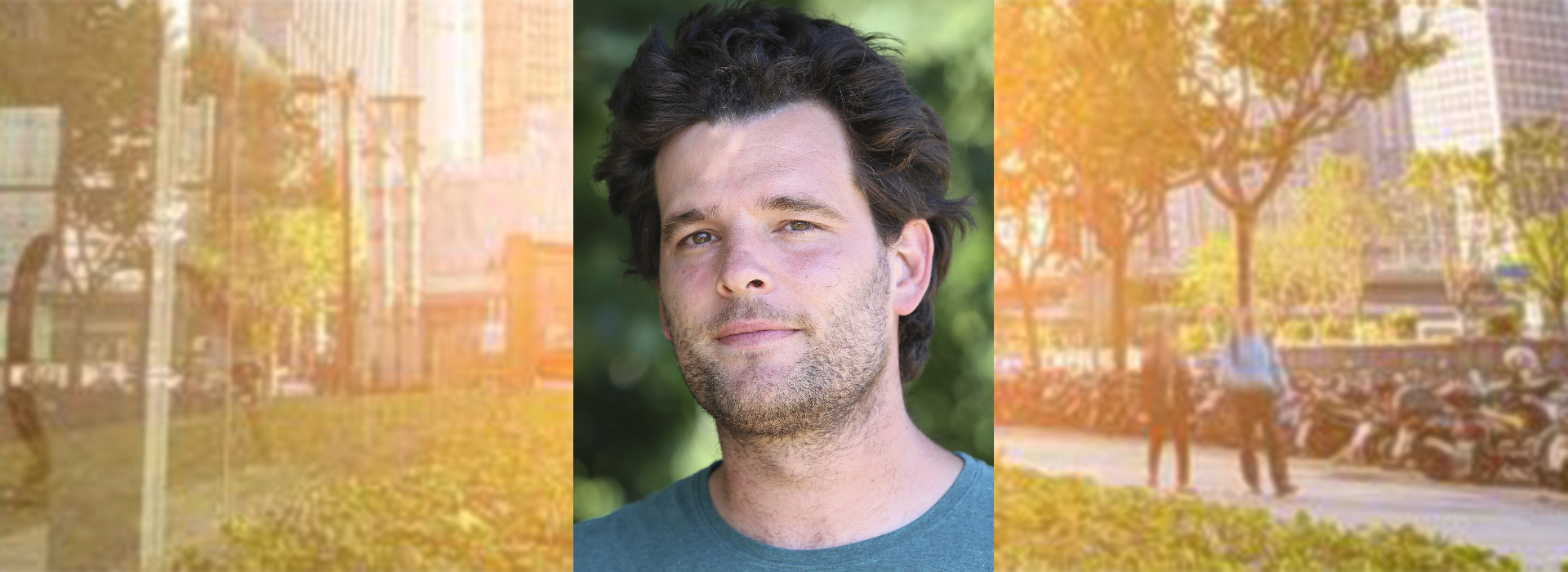Fermes d’Avenir: A flash of insight to save the planet
“We have 20 years to change the world” – and it all begins with the land
that feeds us. This is the belief of Maxime de Rostolan, founder of the crowdfunding
platform Blue Bees and the ecosystem of organic farms, Fermes
d’Avenir. He is a young man with a sense of urgency and innovation – and
accounting – on the brain.
No one would have thought that Maxime de Rostolan, an engineer with a specialized degree in water treatment, would become the prophet of agroecology. In 2007, he met Louis-Albert de Broglie, known as “the Prince Gardener”, who entrusted him with a collection of educational material on sustainable development, which Maxime managed for seven years. That is, until a book came along that changed everything.
Working with nature
“I owe my Social Calling to a book about biomimicry that was written by Janine Benyus. She highlights the fact that agriculture is the primary area in which nature can inspire us to find solutions, and calls out an appalling reality: in the 1940s, with one calorie of fossil fuel energy, we knew how to produce 2.4 calories of food; today, we need 7 to 10 calories of fossil fuel energy to generate a single calorie of food. This means that our fuel efficiency when it comes to producing food has been divided by 25!”
It was a revelation. Maxime saw that agriculture could be the key to fighting climate imbalance and that alternatives to intensive production systems had to be found quickly. Within two years, he’d earned a certificate in responsible farming, created an organization devoted to biomimicry as well as Blue Bees, the crowdfunding platform dedicated to agroecological projects, and of course, Fermes d’Avenir.
“At first, I wanted to create an experimental micro farm to assess the economic, technical and social viability of a kind of agriculture that worked with nature, not against it. I wanted to explore with my own hands solutions that were likely to be copied by other farmers, and I took as my main inspiration the principles and practices of permaculture.”
Digital innovation? Sure, if it’s truly useful and sustainable
Excerpt from Business Digest N°290, Octobre 2018
© Copyright Business Digest - All rights reserved

